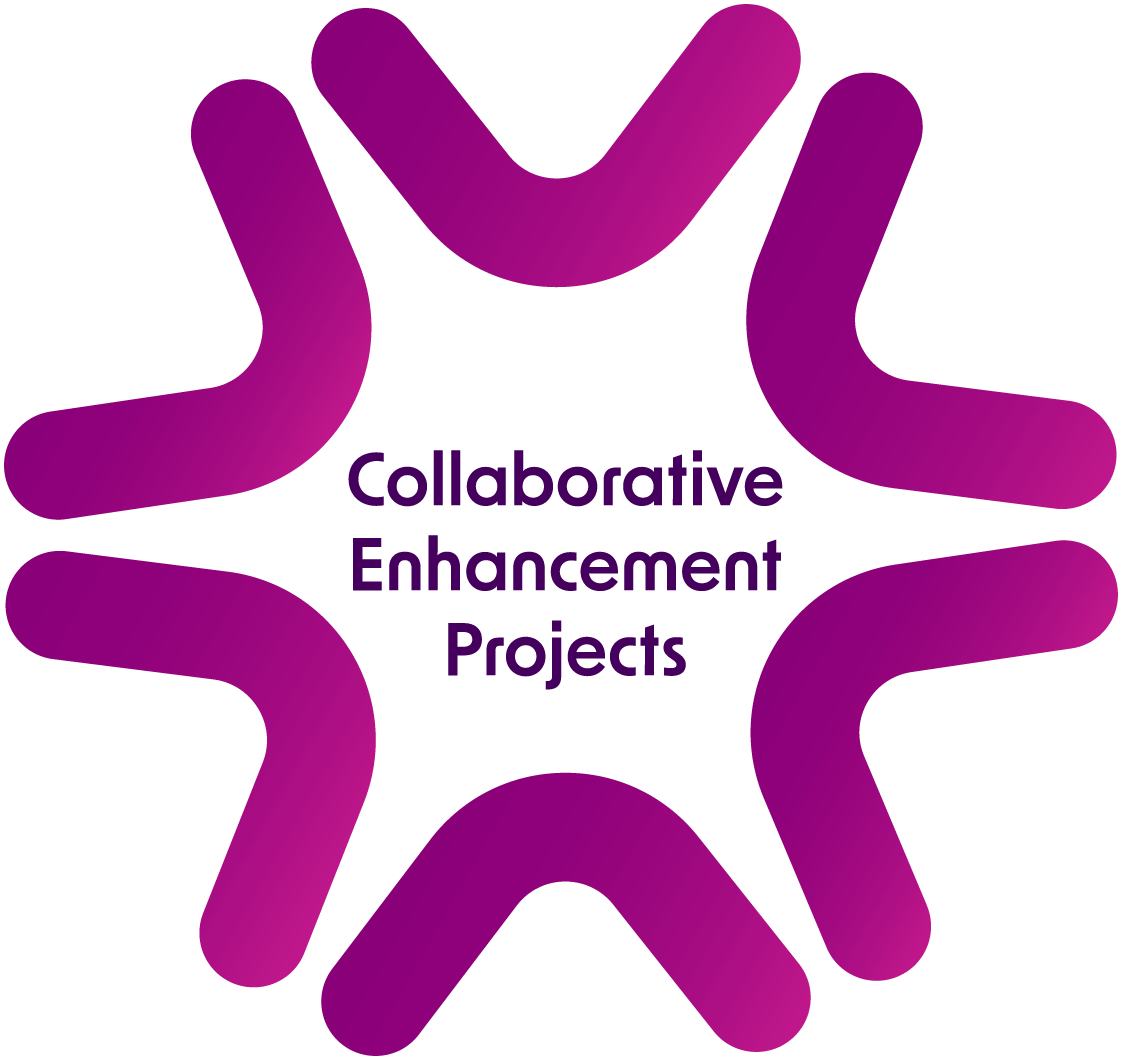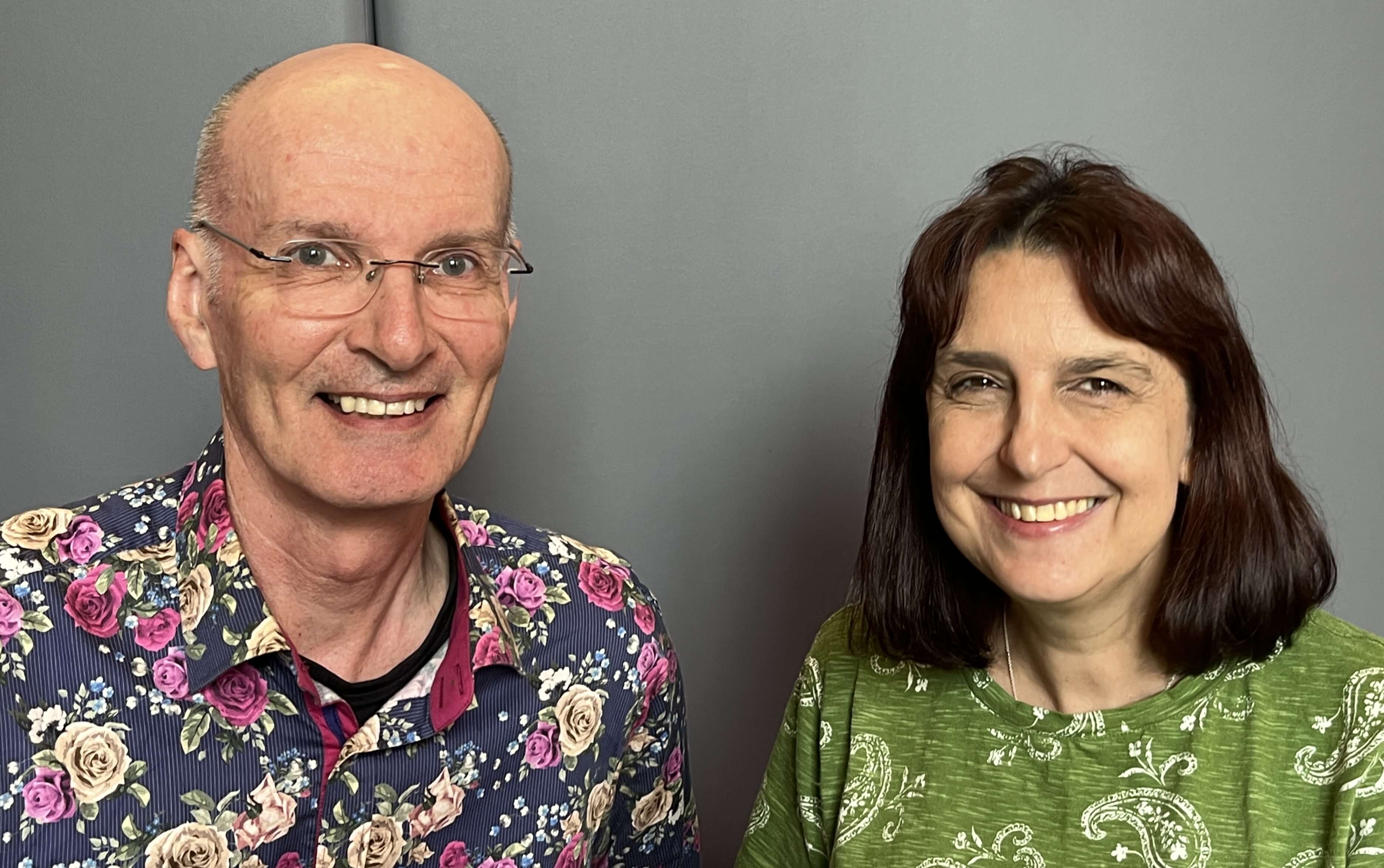
This Collaborative Enhancement Project explores the development of green skills to support employability, graduate outcomes and the economy's needs.
About this project
Green jobs are growing twice as fast as the number of workers skilled to fill them. Governments seek to accelerate progress towards net zero and support sustainable economic growth based on interconnected climate, biodiversity, and nature-related socially inclusive actions. Young people need the skills/competencies to contribute to a green economy and also expect to be involved in shaping related educational policymaking.
However, in the UK just 27% of young people have heard the phrase ‘green jobs’. Universities can be key enablers of a transition to a green economy but risk ‘falling behind in the green skills race’.
This project brings together universities that already demonstrate strong applied practice in Education for Sustainable Development (ESD) to explore, in collaboration with students and employers, shared approaches for enhancing the development of ‘green skills’ to support employability, graduate outcomes, and the economy's needs.

The project aims are:
- Evidence of enhanced integration of green skills in HEI curricula.
- Increased sector-wide understanding of the nexus between ESD, employability and career learning, and green skills.
- Increased recognition of the role of ESD as a contributor to a green economy, by both institutions and policymakers.
The project draws on the QAA/AdvanceHE Education for Sustainable Development (ESD) Guidance (2021), the QAA competence-based education frameworks, and research on both technical and non-technical competencies, including the European Green Competence Framework. Some project partners contributed to the ESD and Academic Quality CEP (2023), and this project will use its outputs, including the idea of “recognising students as co-creators.
This project could also help embed the ESD commitments from QAA Subject Benchmark Statements and the AdvanceHE employability framework, which includes sustainability (2024).
The project will enhance students' employability and graduate careers by focusing on green skills. Through updated curricula, students will become more aware of the demand for green skills, how to articulate them to employers, and how to apply them in all future roles, in line with the Environmental Association for Universities and Colleges (EAUC, 2023) statement that “every job is a green job.”
The project has been co-designed with SOS-UK (Students Organising for Sustainability) and will be delivered closely with them. All five university partners already work with their Students’ Unions on sustainability, mainly through Responsible Futures, and have established mechanisms for co-creation and student leadership.
The sector will benefit by increasing graduate employability, aligning ESD efforts with government and economic priorities, and showing how higher education contributes to upskilling the workforce to meet the UK’s sustainability goals. It will also provide practical guidance on enhancing green skills, covering both technical competencies and transferable/transformational skills.
The project also seeks to inform government policy making in the context of the newly established ‘Skills England’ agency.
Deliverables and outcomes
Workstream 1: Co-design and deliver student/staff/employer workshops exploring the alignment of ESD, current employability skills commitments, green workforce needs, and green skills.
Workstream 2: Co-creation of guidance on Green Skills, published as a stand-alone guidance document and initially disseminated through a sector-wide webinar. Also to be shared at relevant conferences e.g. EAUC Conference, the PRME UK and Ireland conference, the QAA Conference, and the SOS-UK Student Sustainability Summit.
Workstream 3: A policy brief outlining the role of HEIs in green skills provision, and how ESD and green skills in HE can contribute to the UK’s net zero mission.
Workstream 4: An academic article, co-authored with students, exploring the related themes and reporting on project outcomes.
Lead institution
Dr Jonathan Louw is an Associate Professor of Management Education and Dr Karen Cripps is an Associate Professor in Responsible Management and Leadership at Oxford Brookes Business School.
Both are Senior Fellows of the HEA and have shared research interests at the intersection of sustainability and employability. Together they convene the Careers and Sustainability Working Group of the UK and Ireland Chapter of the UN Principles for Responsible Management Education initiative.
In 2025 they published a Sustainability in Early Careers research report in collaboration with the UN Global Compact Network UK and the sustainability reporting platform Windō.

Partner institutions
- Associate Professor Justin Hinshelwood, University of Exeter
- Oliver Yu Hurst, Students Organising for Sustainability UK
- Professor Goudarz Poursharif, Aston University
- Sonya Peres, Students Organising for Sustainability UK
- Associate Professor Andrew Reeves, De Montfort University
- Quinn Runkle, Students Organising for Sustainability UK
- Dr Chris Ribchester, Manchester Metropolitan University